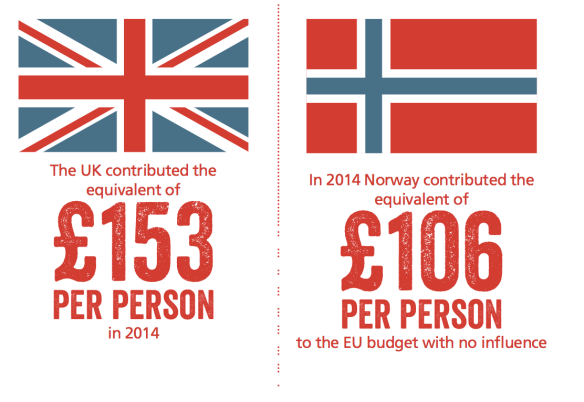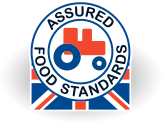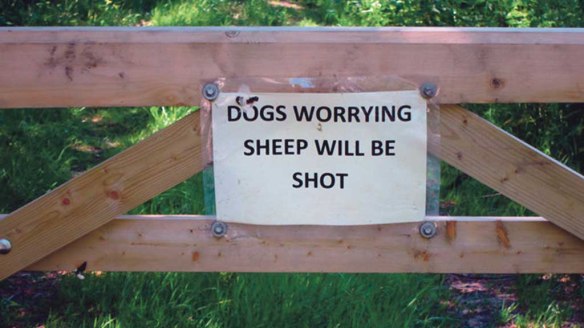This week I’m going to focus on the report released by the NFU which looked into the economic implications of leaving or remaining in the EU.
As I only have 2 daytime hours a week free from hobbitbaby (if I’m lucky) I’m going to focus on this a bit. I feel the EU referendum is very, very important and deserves a great deal of attention.
Unfortunately, the wider issue of the EU (on which it rests) is possibly the most complex thing I’ve ever attempted to understand. Including my PhD studies. Wikipedia, what would I do without you as a point of reference?
*looks up Treaty of Rome*
What is it?
The report “UK Farming’s Relationship with the EU” was commissioned by the National Farmers Union (NFU) and conducted by scientists at Wageningen University in the Netherlands*.
It looks into the economic effects of us leaving the EU compared to remaining in it. It is 24 pages long, and pretty accessible to the layperson.
It can be accessed here.
What does it cover?
Without cutting and pasting the contents, it looks at trade with the EU, labour availability, the common agricultural policy (CAP), EU legislation, and research in the UK (which is often EU funded). Importantly it also looks at the likely impact on agriculture of a UK exit from the EU.
What are its conclusions?
… the reality is that currently many farmers do not make fair returns from the market. As a result, the CAP helps address the failure of agricultural markets to deliver a fair level of income for farmers. It helps farmers deal with market volatility and ensures a degree of resilience to shocks.
The overall conclusion is that the UK would be worse off if we leave.
The report mentions that 55% of UK total farm income is from CAP payments, and that Norway contributes about two thirds of what the UK does to the EU (and the biggest contribution of all countries given the size of its economy), but as it is not a member it has no influence.

How has it been received?
In his introduction to the report Meurig Raymond, president of the NFU writes:
The NFU has not taken a ‘yes’ or ‘no’ stance ahead of the conclusion of the renegotiation. At this stage we simply can’t.
Defra minister George Eustice, who is campaigning for the UK to leave the EU, has dismissed the report, saying:
These types of reports always say more about the economic model and the assumptions that underlie it than they necessarily do about real life.
Ukip MEP and farmer Stuart Agnew insightfully pointed out that the NFU should have commissioned the report from a UK university rather than a Dutch one.
NFU director Martin Haworth quoted in Farmers Weekly makes the point that the critical points here are political, not economic.
What would the UK government’s position be on international trade and its impact on the consumer price of food? How would it ensure British farmers are treated fairly.
Speculation in the article mentions that:
The report fails to consider the potential benefits of a post-Brexit UK government slashing the level of regulation faced by farmers. But neither does it consider any potential decline in demand for British food if some processors relocate outside the UK to remain in the single market.
In other words, there are many more factors at work.
My conclusion?
For my tenpennuth, I think a lot rides on the outcome of trade negotiations. It seems much of the Leave campaign is based on us introducing a free trade agreement with the EU – which of course relies on Brussels agreeing to one. The ‘stay’ campaign has been accused of scaremongering, but personally it’s not fear that makes me lean toward staying, it’s cynicism.
This week I was having a chat with a friend of mine at t’allotments, and we ended up talking about Brexit and agriculture, as along with hobbitbaby it’s just about all I talk about these days. He wondered if our main problem was that the UK is just not very good at playing the Brussels game.
As an example, our reaction to the banning of caged hens in the EU was a unilateral, thoroughly policed ban. And in France they appointed one person in Paris to sort it all out. You see, technically – technically – they were addressing the problem.
I think if we negotiate it well, leaving could present some amazing possibilities to farmers, but equally it could be disastrous.
* Recently ranked #1 in the world for agriculture. Don’t worry, my alma mater, Reading is still #1 in the UK 😉





